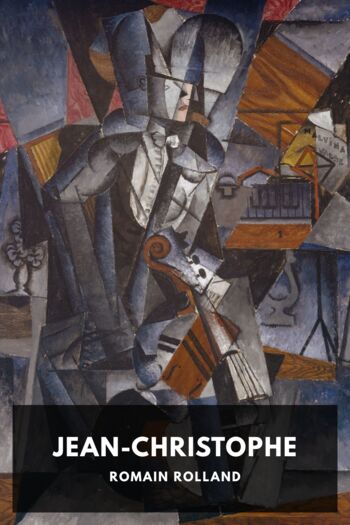Description
Jean-Christophe Krafft, born into a Belgian-German family of musicians, seems destined for music from an early age: he is sensitive to sound, learns to play the piano, and, with the help of his grandfather, soon writes his first compositions. This leads him to become a court musician of the Grand Duchy on the Rhine, where he lives. Along the way, he experiences love, setbacks, poverty, but also success.
After a violent incident forces him to flee, he finds shelter in Paris, where he meets a friend for life: Olivier. But his idealistic worldview and stubborn character repeatedly get him into trouble, forcing him to seek refuge in Switzerland.
Jean-Christophe is the story of a man, chronicled from his birth to his death. Romain Rolland, strongly motivated by his own biography of Beethoven, always envisioned it as a novel that flows “like a river”: meandering, propelled by its own force, not to be channeled by plot. This is embodied in Jean-Christophe through extensive digressions on the author’s views on nationality, politics, music, and culture in early twentieth century Europe. Jean-Christophe thus became the first roman-fleuve, or river-novel, a term most famously applied to Proust’s In Search of Lost Time. For this contribution to literature, Romain was awarded the Nobel Prize for Literature in 1915.
Jean-Christophe was published in ten volumes in the original French, while Gilbert Cannan’s English translation appeared in 3 volumes, roughly encompassing Jean-Christophe’s youth and adolescence, his adulthood, and the latter years of his life. This Standard Ebooks edition brings all volumes of Cannan’s translation together.


Аннотация к книге